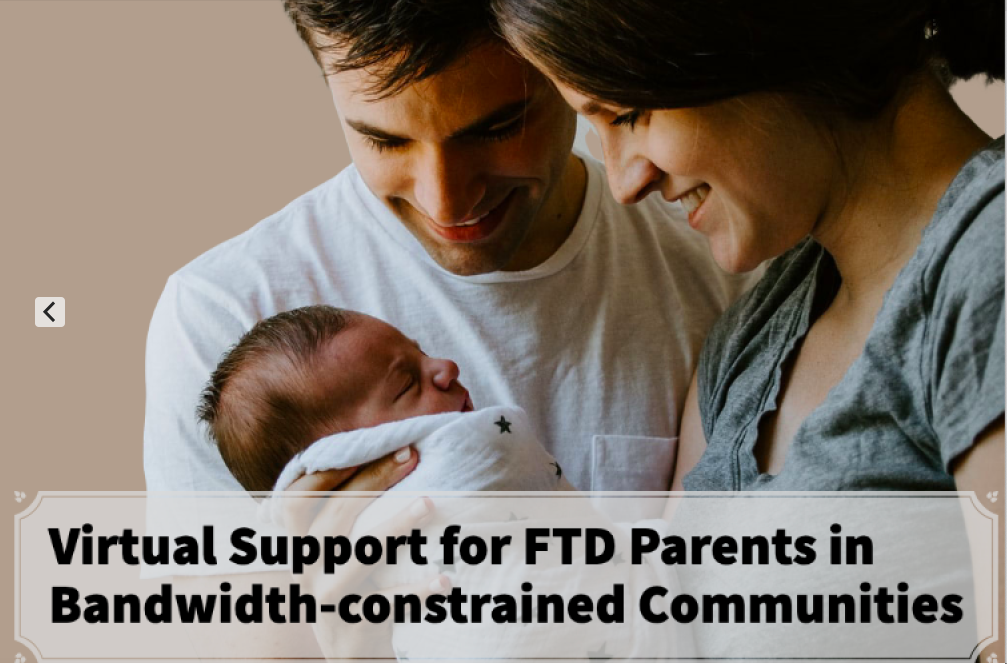Talk to us
No meetings are currently scheduled.
Several human computer interaction (HCI) research have informed the design of maternal health interventions in low-resourced communities. However, such efforts have failed to specifically design resources to highlight the potential window of opportunity the first thousand days (FTD) provides. FTD parents are often overlooked and understudied because the concept overlaps with maternal health. They are at risk of poorer health outcomes as a result of education, technology, economic, and socio-cultural inequalities. We explore the lived experiences of 23 FTD parents in bandwidth-constrained communities in Cape Town using semi-structured interviews. We analysed how they seek and trust digital health interventions through an intersectional lens. Our findings show that FTD information from health centres are inadequate, yet simultaneously parents are overwhelmed with contradicting health information online. Secondly, the intersection between bandwidth constraints and lack of locally relevant FTD information have negatively impacted user engagement. Finally, we propose a trust determination model to inform the design of FTD digital resources for parents in the study context.
Images

